We adore our family pets, and it’s so easy to want to lavish them with a human kind of love – sometimes this hits the mark, but at other times we can unwittingly be doing things that our pet might hate!
If you want to make sure your pet adores you and everything you do as much as you adore them, here are 5 things your pet probably hates…and what to do instead! Love is understanding.
Cats – being stroked in the wrong place
If your cat was well handled and socialised by humans from a young age, then they’re more likely to enjoy all over handling. However often your cat might just be tolerating strokes they don’t enjoy because of the benefits your relationship brings, and at other times they might bite you, avoid your pats or seem to change their mind about whether they want your attention!
Many cats don’t like their back end or rump region being touched, as it relates to mating behaviour and it stimulates a biting reflex. Lots of cats also don’t like their belly being touched, as they evolved to keep this area protected so likely see it as a threat.
Instead, the best way to stroke a cat is around the cheeks, base of the ears and under the chin. There are lots of glands in this area and a cat’s natural inclination is to rub against things with these areas to leave their scent, which means stimulation naturally feels nice here and touching there arouses sociable behaviours and can induce purring.
Observe your cat’s body language to get sense of what they do and don’t like. Some signs your cat is not enjoying your touch include them going still and not purring or leaning in for more, moving away from you, their ears becoming flattened or rotating backwards, shaking their head, the fur on their back rippling, licking their nose, suddenly starting to groom themselves, turning their head sharply to face you (or bite you!) or their tail starting to flick and thump. The signs can be quite subtle! Their pupil size and shape can also change as they get more aroused.
If your cat is enjoying your touch, they will likely be purring, kneading, and they may actively push and rub against you.
Being dressed up
Okay, yes, it can be adorable, but generally your pet won’t like being dressed up in those cute festive outfits. While some pet clothes offer benefits (such as helping keep your pet warm), many will be uncomfortable or restrictive, impeding your pet’s movements and making it more difficult to exercise or play. They could also cause your pet to overheat, and some pets will find having clothing on inhibiting (they may even just lie down on the floor and refuse to move). If you have dressed your pet since they were tiny, they may be more comfortable with it, but generally speaking the best idea to assess your own pet’s temperament and confidence level, and watch their body language for signs that they’re not enjoying the dress ups. If they seem agitated or uncomfortable while you’re putting the clothes on, it’s probably a sign to avoid that garment.
If you choose to dress up your pet, it’s best to desensitise them to the experience using a clicker and high value food rewards from a young age. If they’re resisitent beyond that, it’ss best to let them wear their own clothes (their fur!).
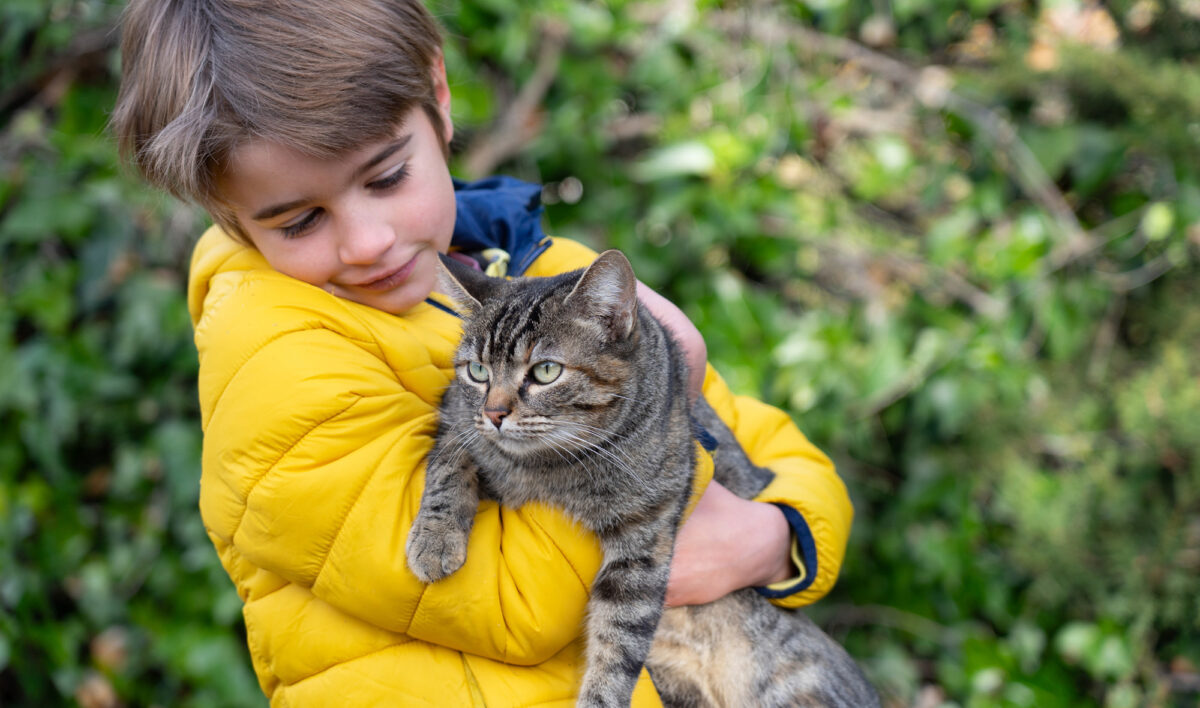
Hugging
Most pets won’t enjoy hugs (especially from strangers) or being picked up. Having your arms around a pet’s neck or body may be perceived as threatening, it can make a pet feel very vulnerable. Though most dogs will tolerate gentle hugs from family members, they’re probably still not actually enjoying them – merely putting up with them because of the close relationship.
Instead, you’re much better off to let your pet cuddle and have contact on their own terms. Dogs generally most love to be patted under their chin or on their chest as a first port of call, and as above cats prefer contact around their cheeks to begin with.
Every pet is different and some may love those tighter hugs, but pay attention to their body language and respond accordingly. A dog may lean away, avert their eyes, yawn, lick their lips or look worried if they’re uncomfortable.
Dogs – walking too fast
For a dog, a walk is so much more that just exercise. It’s their chance to explore the world and interact with millions of different sights, sounds and most importantly – SCENTS! Sniffing is your dog’s most important sense, it’s highly stimulating for their brain, gives them information about the world to allow them to feel more at ease, and good sniffing even lowers their pulse rate and reduces stress. It’s great for both their physical and mental health.
If you only take your dog for runs on leads, or brisk walks in which they’re not allowed to stop and sniff freely, you’re denying them this essential part of their overall wellbeing. I’m not saying every single walk has to be a leisurely sniff-fest, but try to regularly incorporate relaxed walks into your week, so your dog gets the opportunity to sniff freely. Off-lead time is optimal if your dog’s recall is trustworthy, otherwise do plenty of walks using a long or retractable lead to give your dog freedom to sniff and explore.
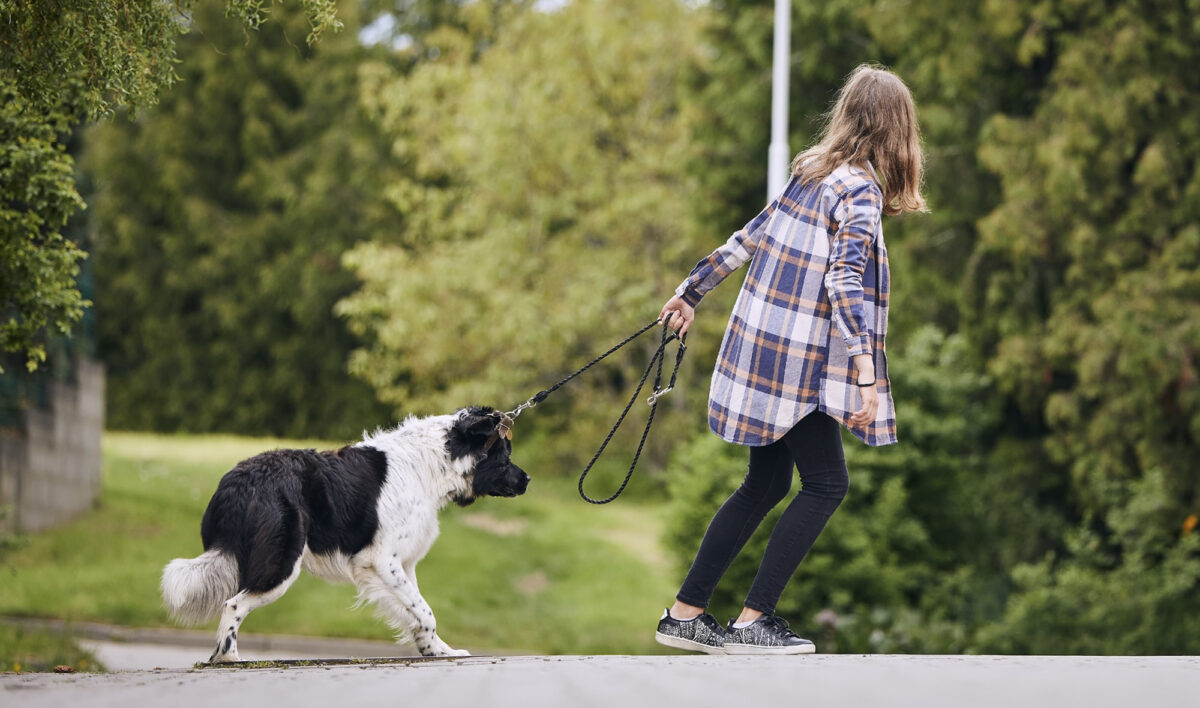
Strong scents
A dog’s sense of smell is many many thousands of times more sensitive than your own, and cats have a considerably more powerful sense of smell too. While your dog may be happy to roll in a rotting fish on the beach, there are some scents that your pet likely hates which can make interaction or areas of the home unpleasant for them.
Often a pet will dislike smells like citrus, vinegar, alcohol, cleaning products, deodorants, air fresheners and perfume. I even note that many canine bath products have strong fragrances, no doubt designed to appeal to the dog owner rather than the actual dog! Some kitty litter is also scented, which may put some cats off using that space for their toileting, so that’s worth keeping in mind if you’re having issues in that department.
Avoid spraying anything strong smelling or chemical around your pet, and if you want your pet to feel their happiest when snuggling up next to you, go easy on the fragranced products.
It’s all about the bond
By being considered about what behaviours your pet really doesn’t like, and what you can do instead, you will help them feel more comfortable with you, which leads to a more trusting connection and a strong bond… which is really what having a pet is all about for both of you!






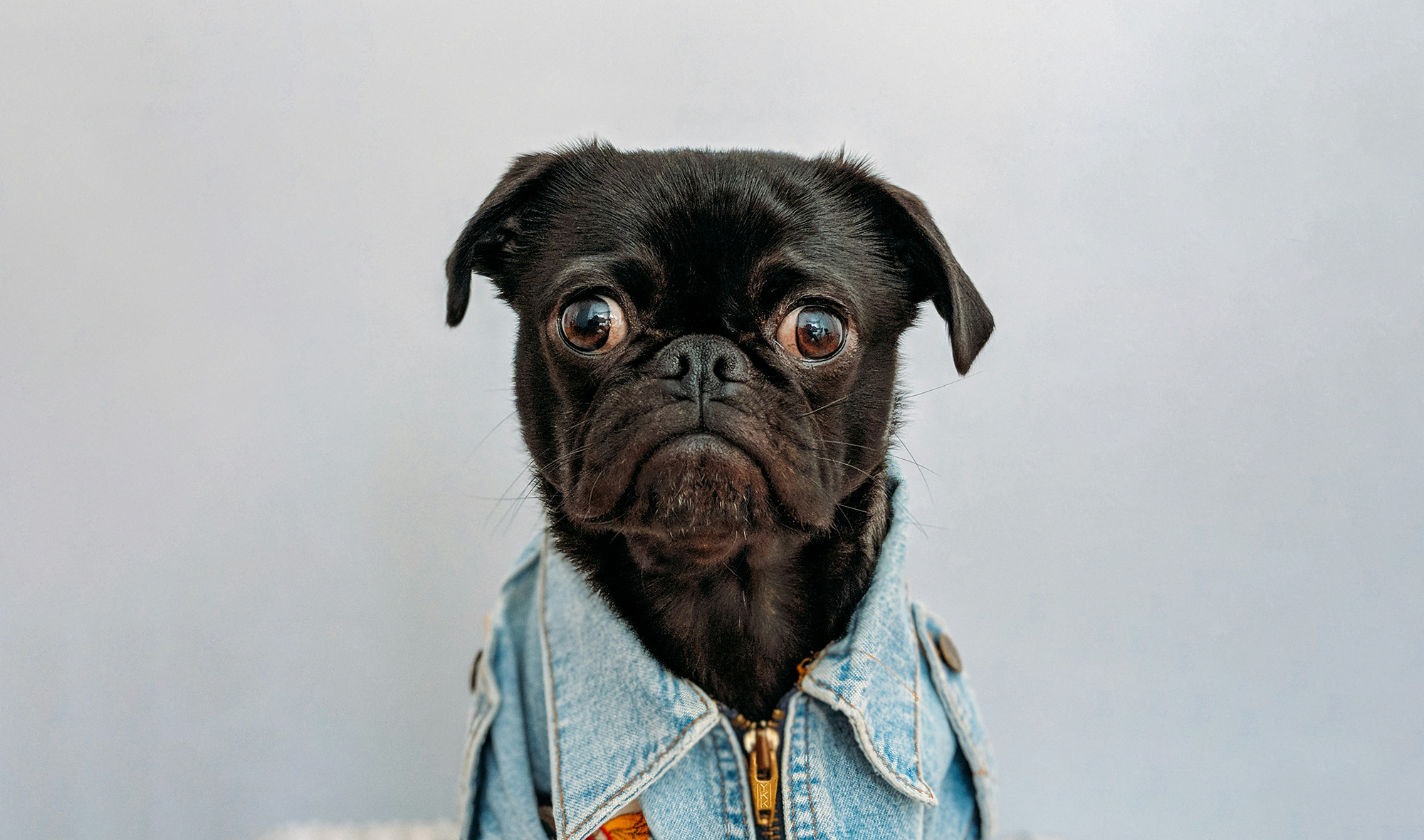
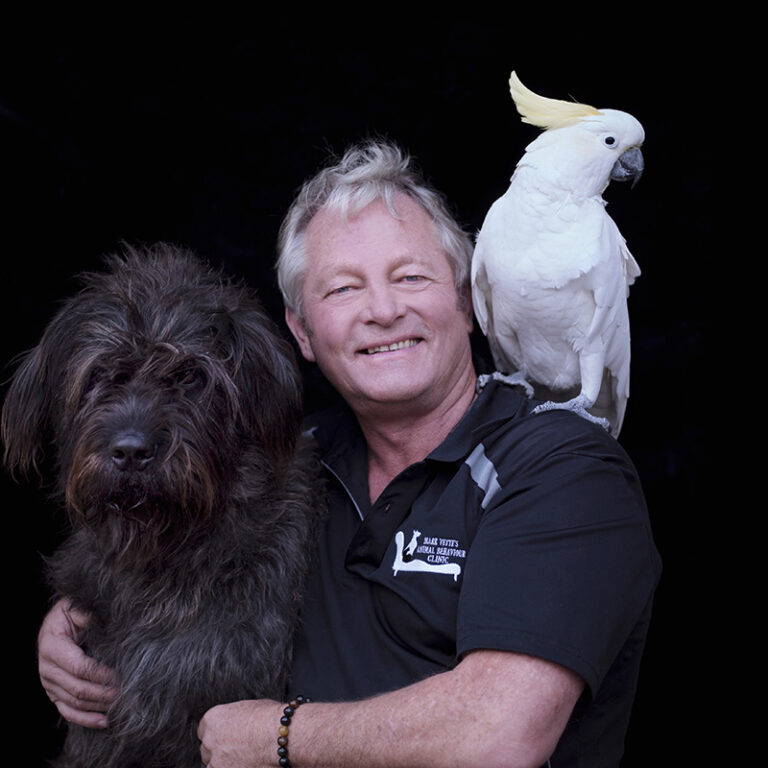


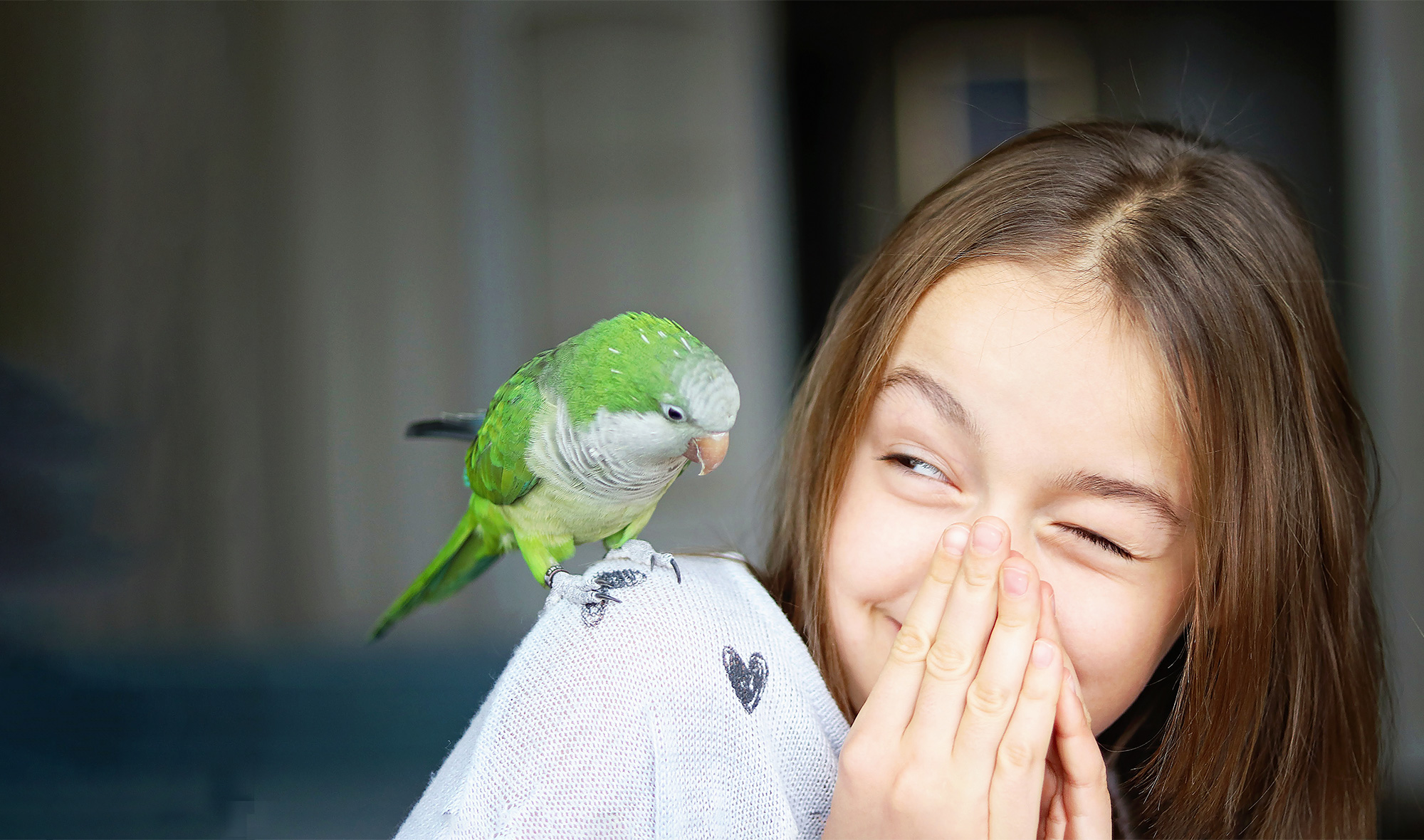
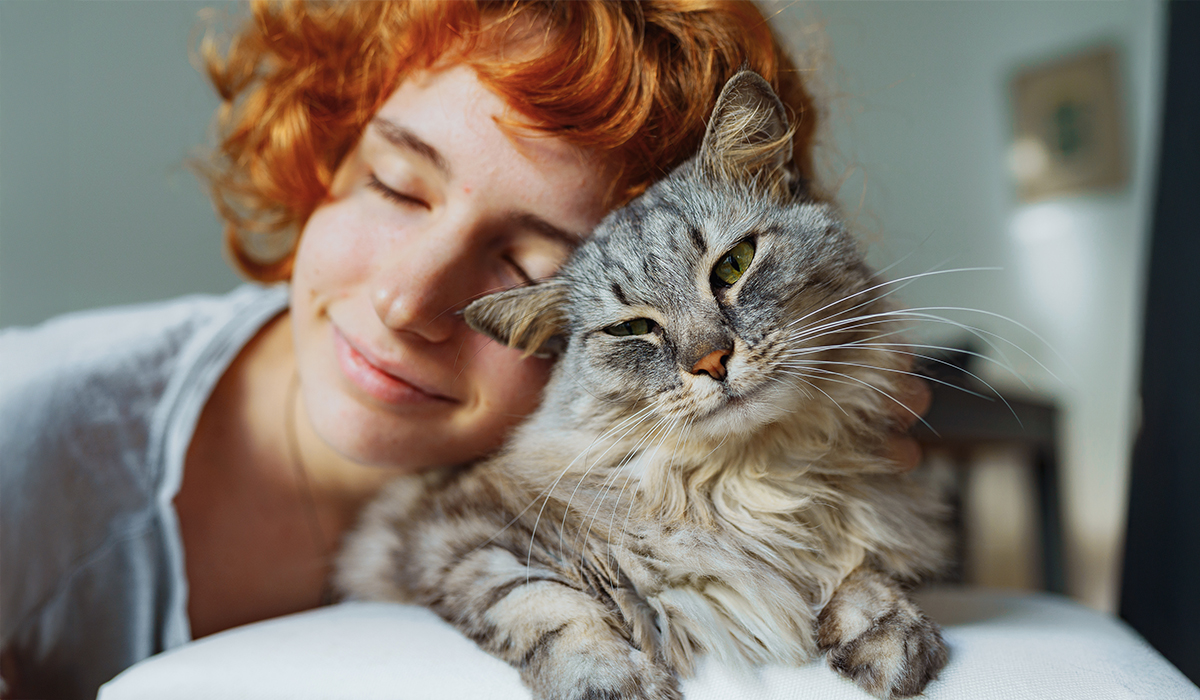
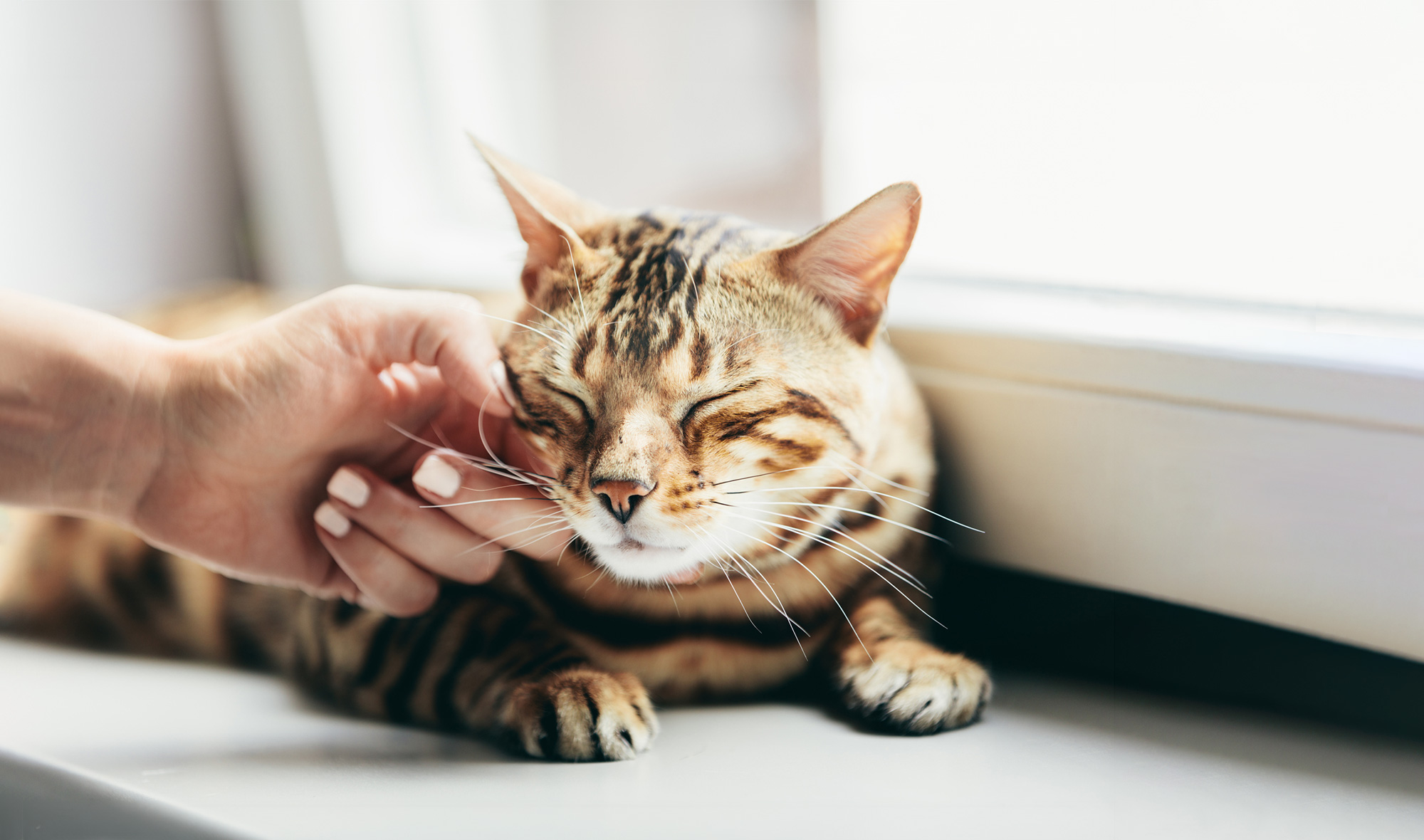
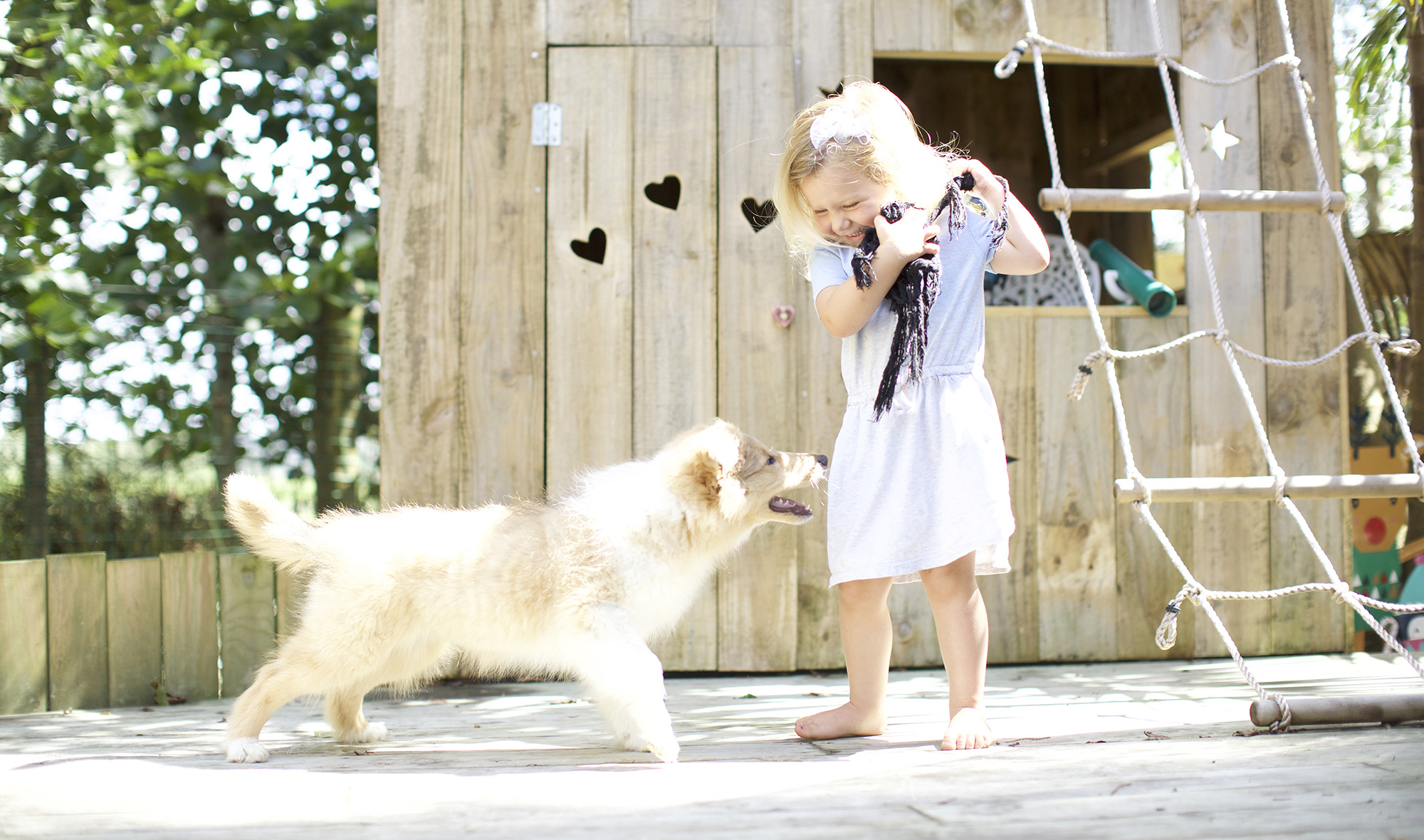


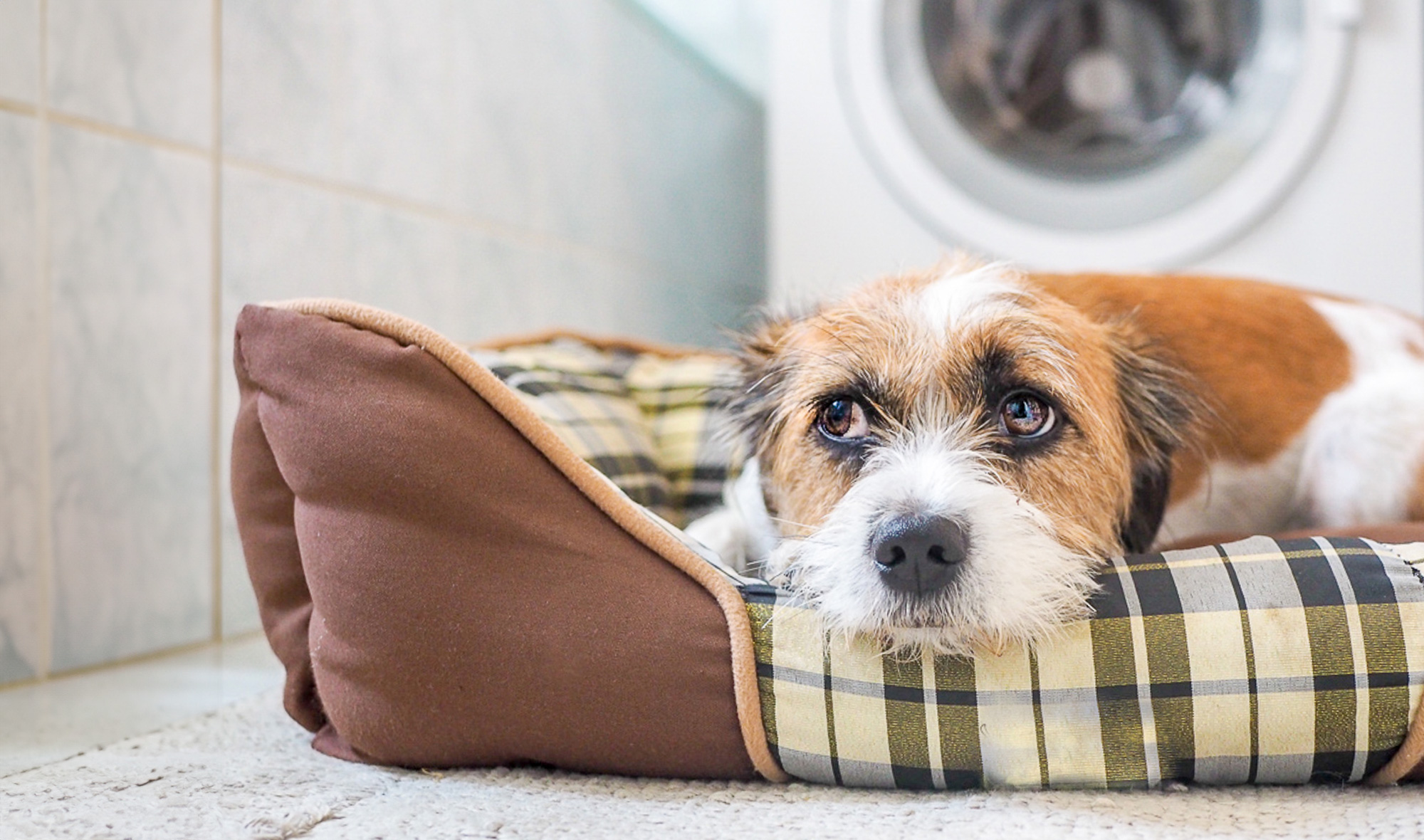
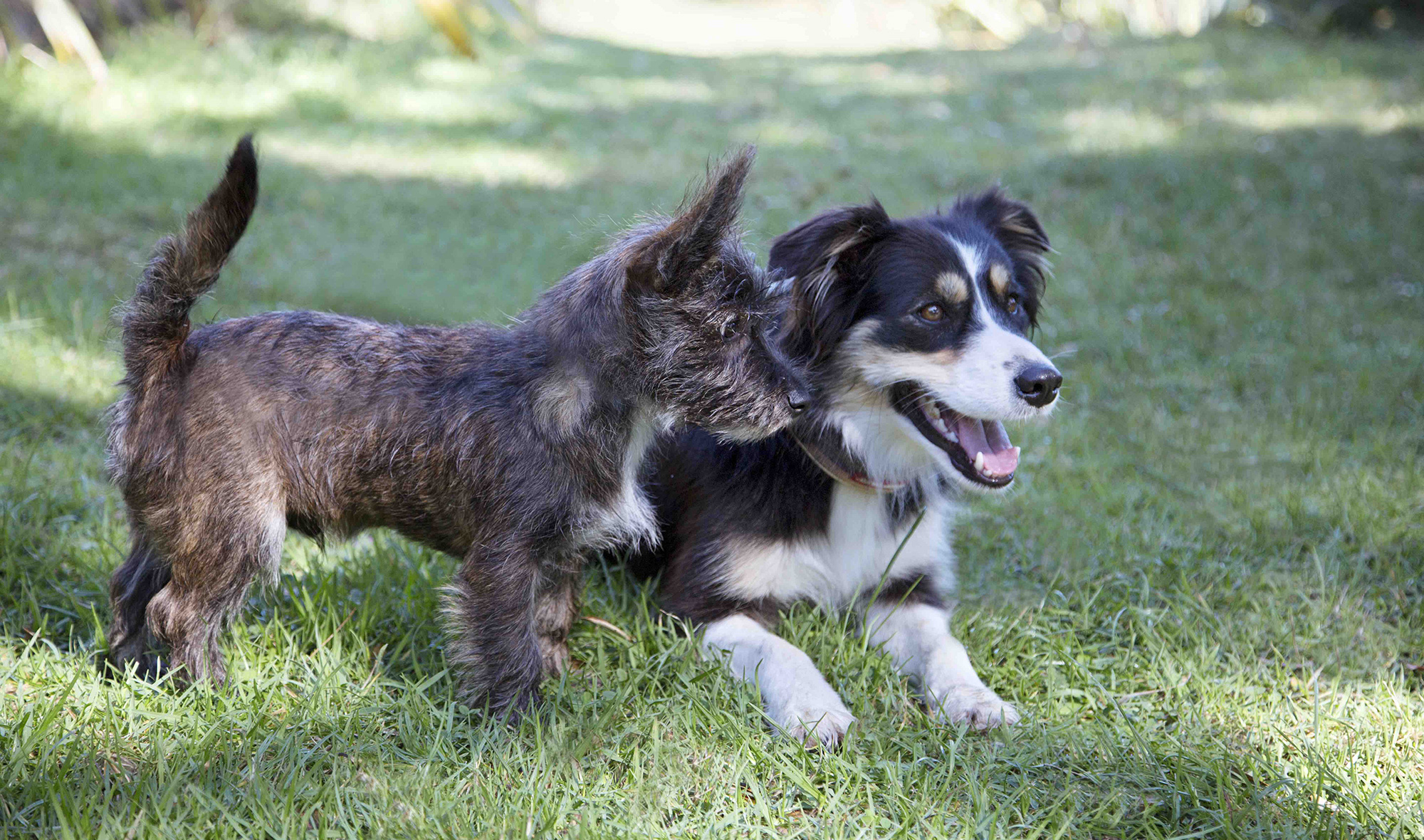
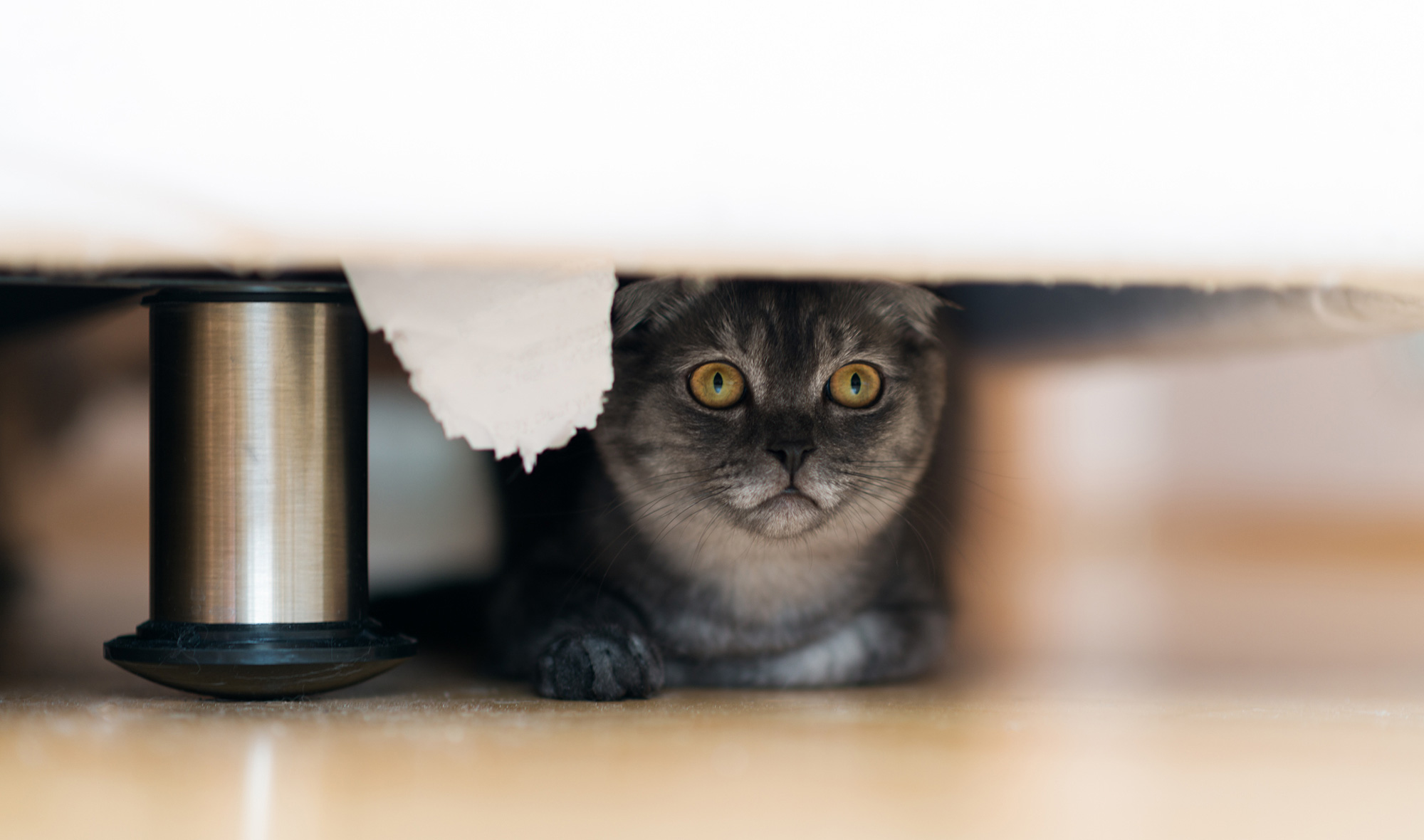

Community